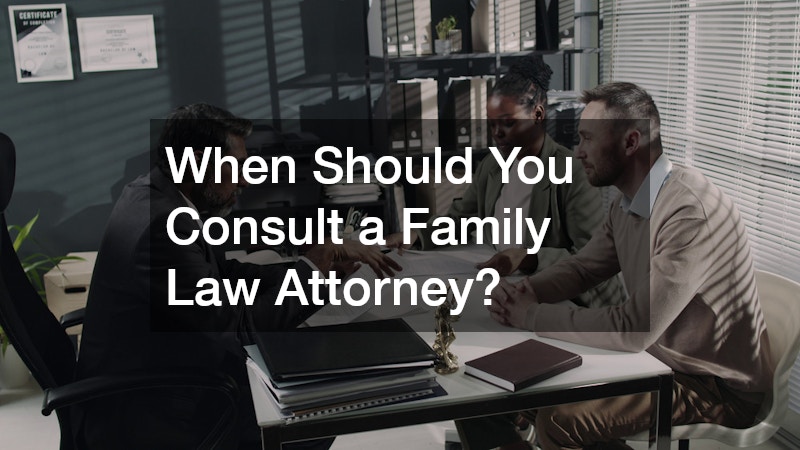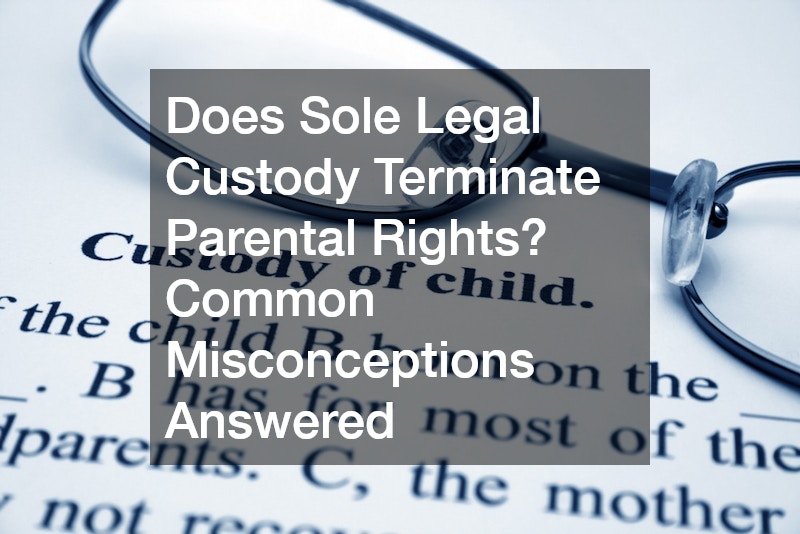Divorce can be a complicated and emotional process, especially when children are involved. One of the most confusing aspects for many parents is understanding custody arrangements and how these affect their legal rights. A question that often arises is: Does sole legal custody terminate parental rights?
The short answer is no, but the details are worth exploring. Many people confuse legal custody with a complete loss of parental rights, leading to unnecessary fear or conflict. In this article, we’ll clarify what sole legal custody means, how it impacts both parents, and why it’s not the same as permanently severing someone’s legal rights to their child. This guide is especially useful for parents navigating a divorce or custody battle and looking for straightforward, reliable answers.
What Does Sole Legal Custody Actually Mean?

Sole legal custody gives one parent the exclusive authority to make major decisions in the child’s life. This includes choices related to:
- Education
- Medical treatment
- Religious practices
- Legal matters
When one parent is awarded sole legal custody, they don’t need the other parent’s approval for these decisions. However, this doesn’t mean the other parent no longer has a legal connection to the child. They may still have visitation rights or shared physical custody, depending on the court’s ruling.
This type of custody is generally awarded in situations where co-parenting is not possible due to conflict, lack of communication, or concerns about a parent’s ability to make sound decisions.
Does Sole Legal Custody Terminate Parental Rights?
No, having sole legal custody does not mean that the other parent’s parental rights are terminated.
Here’s the key difference:
- Sole Legal Custody allows one parent to make all significant decisions for the child.
- Termination of Parental Rights completely ends the legal relationship between the parent and child, eliminating all rights and responsibilities.
Termination of rights is a legal process that typically only happens in extreme circumstances, such as abuse, neglect, abandonment, or in preparation for a step-parent adoption. Courts treat the termination of parental rights as a serious, often irreversible decision and will only do so if it’s deemed absolutely necessary for the child’s well-being.
What Rights Does the Non-Custodial Parent Retain?
Even when a parent does not have legal custody, they often maintain other parental rights unless otherwise ordered by the court. These can include:
- Scheduled visitation or parenting time
- The right to access the child’s school or medical records
- The ability to petition for custody changes in the future
In some cases, the custodial parent may have both sole legal and physical custody, which means the child lives with them full-time and they make all major decisions. Still, this doesn’t automatically strip the other parent of their legal connection to the child unless the court specifically terminates those rights.
Under What Circumstances Are Parental Rights Terminated?
Parental rights are only removed by a court in very serious situations. These include:
- Long-term abandonment or lack of contact with the child
- Documented abuse or neglect
- Severe mental illness or substance abuse
- When a step-parent is legally adopting the child
In these cases, the court must determine that ending the parents’ legal rights is in the child’s best interest. Once terminated, these rights cannot usually be restored.
Can Sole Legal Custody Be Changed Over Time?
Yes, custody arrangements are not necessarily permanent. If circumstances change significantly, either parent can request a modification from the court. Common reasons for modifying custody include:
- Relocation of a parent
- Changes in the child’s needs
- Evidence that the current custody arrangement is no longer suitable
- Improved or worsened parenting abilities
The court will always prioritize the child’s best interests when considering a change. It’s important to go through the legal process rather than making unofficial changes that aren’t legally enforceable.
Common Myths About Custody and Parental Rights
Let’s clear up a few common myths that often confuse parents:
- Myth: Sole custody ends the other parent’s rights.
Fact: It only gives one parent the decision-making power. The other parent may still have access or visitation rights. - Myth: The non-custodial parent can’t be involved in the child’s life.
Fact: They often still have parenting time and the right to stay informed. - Myth: Fathers rarely get sole custody.
Fact: Custody decisions are based on the child’s best interest, not the parent’s gender. - Myth: Custody can’t change once it’s set.
Fact: It can be revisited if there are major changes in either parent’s circumstances.
When Should You Consult a Family Law Attorney?

If you’re going through a divorce or facing a custody dispute, speaking with a family law attorney can provide clarity and direction. An attorney can:
- Explain your rights in plain language
- Guide you through the court process
- Help negotiate a fair custody agreement
- Clarify the difference between sole legal and physical custody
The legal system can be intimidating, but the right professional support ensures you’re making choices that benefit both you and your child.
Conclusion
To wrap it up: Sole legal custody doesn’t terminate parental rights. It simply gives one parent the authority to make important decisions without the other’s input. The legal bond between the child and the other parent remains unless a court takes the additional step of terminating those rights, which is rare and reserved for serious cases.
Understanding the difference between custody and parental rights can reduce confusion and help parents cooperate more effectively. If you’re unsure about your legal standing, consult a legal professional to make informed decisions for your family’s future.
